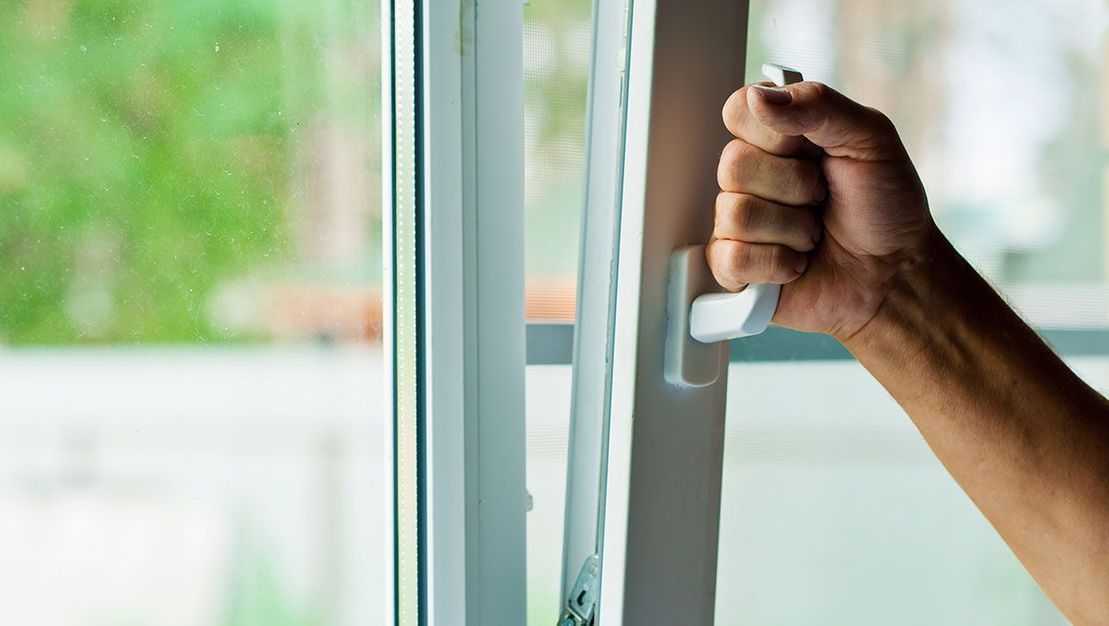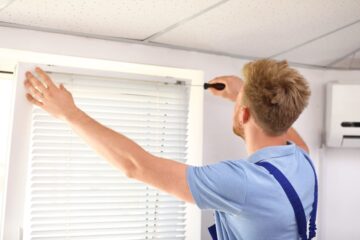Which Type of Glazed Window You Will Choose for Yourself?

Home is comfortable when it is energy efficient. A home should cool or heat easily. If your home is energy efficient, you can not only be more comfortable to stay in it but also you are going to save some from your pocket on utilities. Energy efficiency of your home will depend on the location, insulation and the types of materials used in the construction. The glasses you choose for your home will also be critical when it comes to energy efficiency. So, you should be aware of single- and double-glazed windows and their differences.
Single Glazed vs. Double Glazed: The Distinction
A single glazed window is created using a solitary pane of glass. This suggests that the only thing that is separating your home from the outside atmosphere is that pane of glass. Typical home window glass varies from 3mm to 10mm, which doesn’t provide sufficient insulation. A single glazed window can be as much as 20 times much less effective than an insulated wall surface when it comes to power loss or storage.
Double glazing company in Kent utilize two different items of glass, divided by a vacuum. The vacuum layer acts as an insulative obstacle. The glass can be made UV tainted or laminated but is similar to the one used in the single glazed windows. When the existing double-glazed window is furnished, the thermal efficiency can be improved by as much as 80%. Factory-made double-glazed windows can be up to 100% extra effective than a single glazed window.
What Advantages Does Double Gazed Windows Have?
One of the most obvious benefit to be obtained from double glazed windows is the increase in energy efficiency. This implies that it will be less complicated to keep the temperature level inside your house. This is particularly beneficial to families with A/C unit, or central climate control systems.
With double glazing, the warm loss can be decreased by fifty percent in optimum conditions. When combined with protected drapes covering the windows, the warm loss ends up being less.










